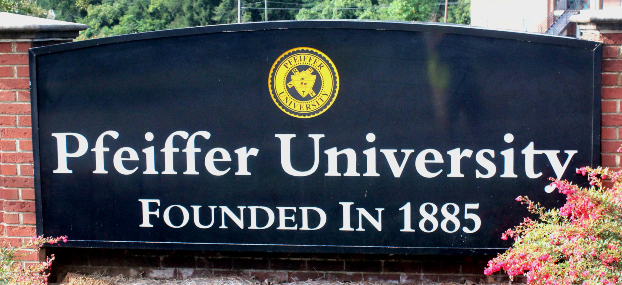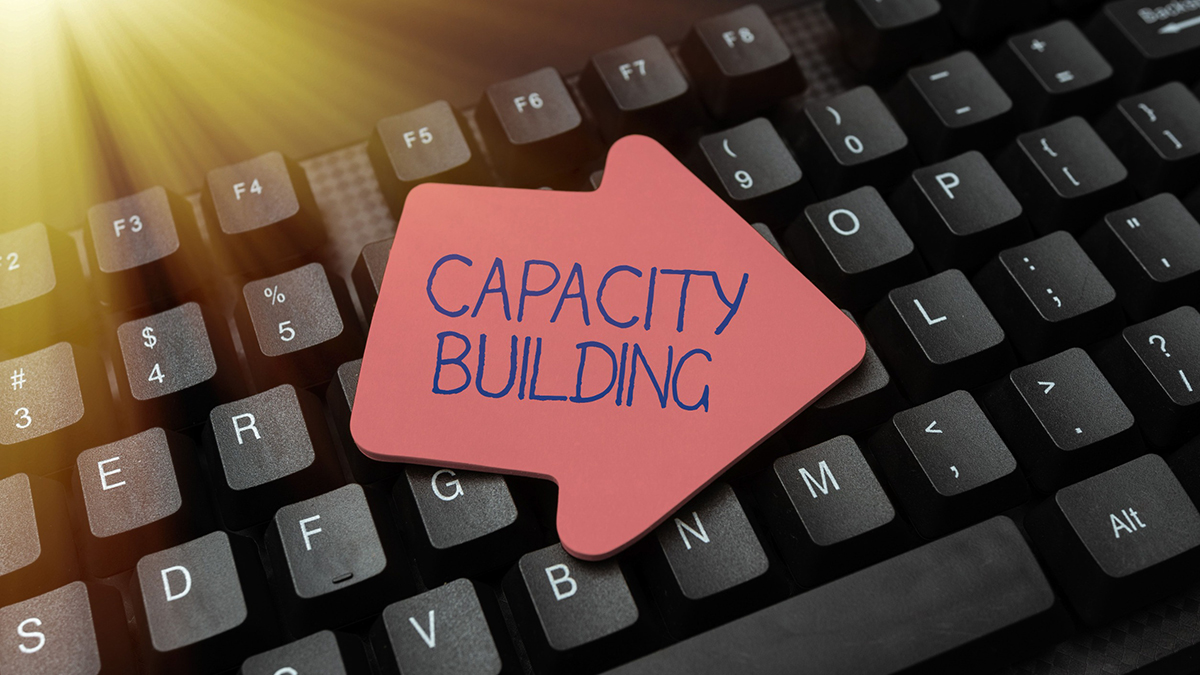Publication of MPs’ expensive travel expenses draws fury

Members of the Assembly of Kosovo have spent more than 1.1 million euros on trips in 11 years, data published by the Assembly of Kosovo Tuesday on the program Travel expenses of Members of Parliament from 2011 to 2021.
According to the data, the most expensive year in terms of travel expenditure was 2012, when they spent 173,470 euros on travel.
The Assembly released MPs’ travel expenses a few days after releasing their fuel expenses.
“Based on interest and numerous media requests for access to Assembly Members’ travel expenses…for the period 2011-2021…you will find Members’ travel expenses for this period,” the statement read.
The expenditure has been criticized given the poor economic situation in Kosovo and a general assessment of MPs’ work over the years as often unsatisfactory.
Reimbursement of MPs’ travel expenses was made on the basis of a decision by former Assembly Speaker Jakup Krasniqi in October 2011 under Article 20 of the Law on Rights and responsibilities of MPs.
“The deputy is reimbursed for travel expenses as follows: up to 30 km – 10 euros, up to 60 km – 20 euros and more than 6 km – 30 euros, for participation in the [parliament’s] plenary and in committee. Reimbursement of travel expenses does not mean expenses for fuel, but for all modes of travel,” the statement said.
A meeting of the Assembly Presidency on Monday saw verbal attacks between the chairman of the Democratic League of Kosovo parliamentary group, LDK, Arben Gashi, and Ilir Kerceli, chief of staff to Assembly Speaker Glauk Konjufca. regarding expenses.
Kerceli, in a Facebook post, accused an LDK MP of spending more than 10,000 euros on fuel alone from 2011 to 2013
LDK MP Arben Gashi had said the message was aimed at him, denying Kerceli’s claims and accusing parliament speaker Glauk Konjufca of inciting attacks against him.
President Konjufca announced disciplinary measures against Arben Gashi.
After the expenses were published in the media, the deputies of the ruling party, Lëvizja Vetëvendosje, declared that they were now giving up claiming travel expenses. The president of the LVV parliamentary group, Mimoza Kusari-Lila, invited other deputies to do the same.
“We want to inform the public that MPs from the Vetëvendosje Movement … will voluntarily withdraw from travel expenses compensation, and at the same time we call on other MPs to apply the same standard,” she said.
An MP from the opposition Democratic Party of Kosovo, Mergim Lushtaku, also announced that he would henceforth refuse such privileges offered by the Assembly.
“Understanding your indignation, given the socio-economic situation of the country, I express my regrets and inform you at the same time [the public] that from today I will waive these privileges,” he wrote on Facebook.
Lëvizja Vetëvendosje announced on Tuesday that she had processed an official request for a review of the decision on the amount of compensation for the MP’s monthly expenses.
This party said it submitted a request to Assembly Speaker Konjufca for the Budget, Labor and Transfers Committee to review the decision.
An Assembly labor expert from the Kosovo Democratic Institute, KDI, Eugen Cakolli, told Prishtina Insight that the backlash against MPs’ expenses reflected the belief that they had not always been efficient or honest in their work.
“One of the main reasons why MPs’ extensive transport and fuel expenditures have provoked such a reaction is that, despite the large sum of money received by almost all MPs, it has not translated through hard work and efficiency in the Assembly…or in better delivery of legislative and other programs,” he said.
Cakolli added that he usually bases his reaction on three factors.
“Firstly, the deputies who received such compensation…did not always really come and stay during the meetings of the Assembly, which shows their irresponsibility with regard to the expenditure of public money”, a- he declared.
Secondly, according to him, “it is a category of deputies who could have potentially cheated [on their expenses] and for whom not only disciplinary proceedings should be initiated but investigative institutions should be involved…it has been reported that a large number of deputies who have been compensated do not in fact live outside the city [of Prishtina] and still received such compensation.
Third, he said, the current poor socio-economic situation in Kosovo influenced the reaction.
“As one of the poorest countries, it is insane that MPs, in addition to their basic salary and per diem allowances, which is around 200 euros that they receive per month for attending sessions, are compensated for many extras, for transport and fuel, while on the other hand they have never been sanctioned for their absence or non-appearance at hearings. MPs are not disciplined in this regard,” he said .
Cakolli said the rules on compensating MPs should be scrapped or a modality found so that MPs are not compensated twice for the same issue.
The basic salary of an MP in Kosovo is 1,547 euros per month, not including the remuneration he receives for his participation in parliamentary sessions and committees.
Data from the Kosovo Statistics Agency, KAS, shows that the overall unemployment rate in Kosovo is around 30%.






